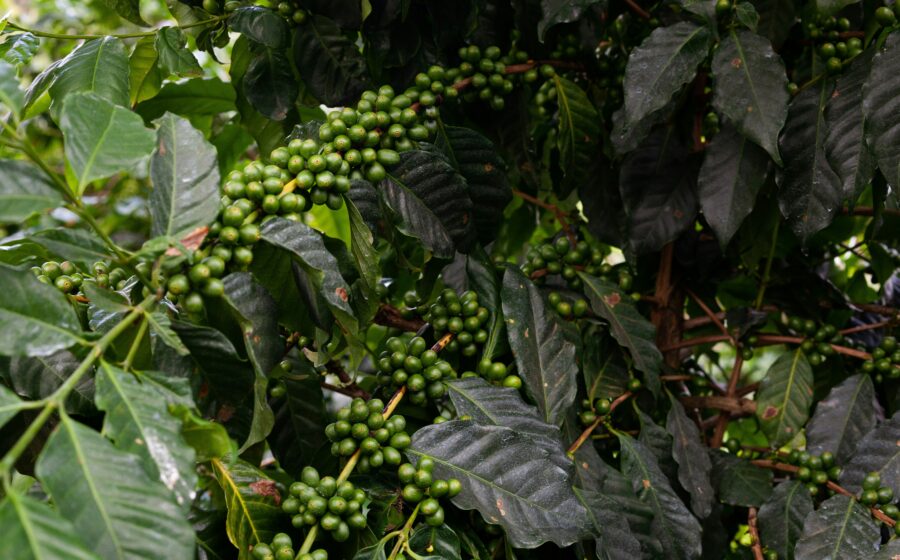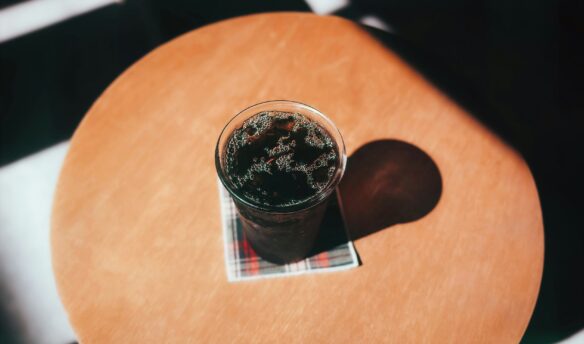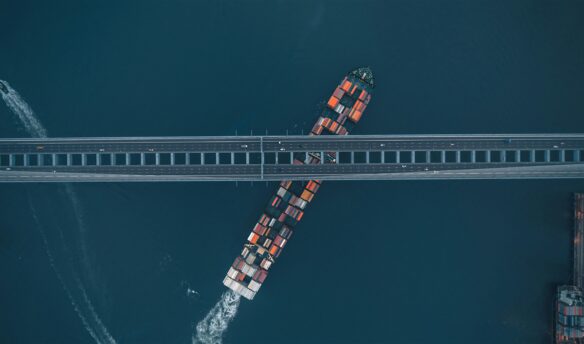✉️ This story was featured in this week’s Coffee News Club
👋 Get the Coffee News Club newsletter in your inbox weekly—sign up.
Coffee production is under threat from factors like climate change, agricultural diseases, and pests. Researchers worldwide have been working on solutions—including developing high-tech software powered by drones—to help coffee survive.
On June 13, World Coffee Research unveiled the results of a groundbreaking global study on coffee leaf rust (CLR) aimed at equipping farmers with the knowledge they need to choose the most resilient coffee varieties for their unique growing conditions.
CLR is one of coffee’s deadliest foes. Since the 19th century, it has spread globally, devastating producing regions from Sri Lanka to Hawaii by covering leaves with fungus and causing them to fall off plants and disrupting flowering and cherry production. To fight the disease, scientists have spent decades breeding and developing coffee varieties resistant to CLR.
This study, published in Frontiers in Plant Science, investigated how plants respond to CLR under various growing conditions. Researchers examined 29 different coffee varieties grown on 23 plots across 15 countries.
The study found that no single variety was entirely immune to CLR—even those explicitly bred to be resistant—but several exhibited “high resistance” across different countries.
The varieties that showed the most promise were Parainema, Kartila 1, and IPR107. According to a WCR announcement, these varieties “offered a promising balance of high resistance to coffee leaf rust and stable performance across environments, making them good all-around choices for rust resistance.”
The researchers found that genetics weren’t the only deciding factor in what made a variety perform well—or poorly—in the face of CLR. Location played a role, as did the care given to the plants and the specific strains of CLR they were competing against. Over 55 types of CLR have been identified, and the pathogen is constantly evolving; therefore, these kinds of broad studies are essential in helping producers counteract it.
“Understanding rust can be complex for farmers,” said Albertino Meza Ojedas, Agricultural Research Manager at the Peruvian cooperative CENFROCAFE. “By identifying which varieties really work against rust in real-world conditions, this research gives farmers better tools to sustain their crops, their incomes, their dignified life, and their future.”
Ojedas also noted the collaborative nature of the study. “It’s an honor to participate in this global study that brings together scientists from around the world to solve a shared problem.”
Read more about the fight against coffee leaf rust from Daily Coffee News here.










